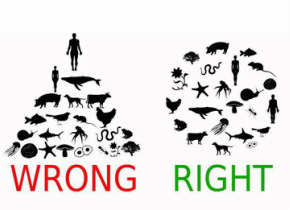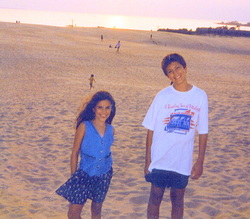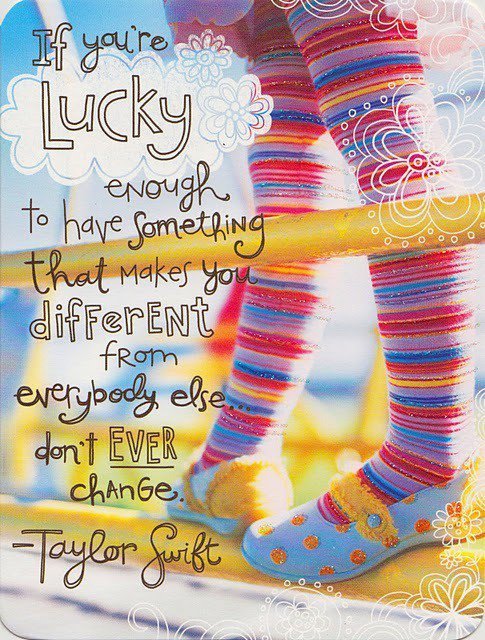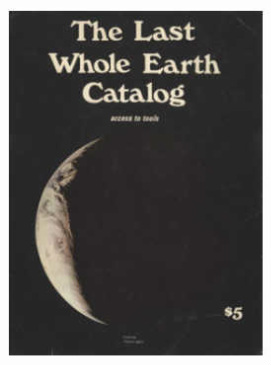
What a year! There have been so many wonderful events in the last year -- Michael and Leah's wedding, visits with Julie and Greg and the dogs, meeting Greg's family, Michael's graduation, spending time with Steve and his family, and with my sisters and brothers and parents, and catching up with old friends. At work -- got my contract renewal for three more years, got the first cohort of doctoral students heading to internship, had an article published, kept the budget balanced, and hired a couple of new folks. I got to teach two new classes -- psychology, sustainability, and the environment, and spirituality and religion and counseling -- both near and dear to my heart. And the students. Oh the students - they make it so worth while.
I have learned so much this year since I set out to write about "sustainable health and well-being." I started out exploring some local groups - Pittsburgh Permaculture and their food forest in Hazelwood, Nine Mile Run Watershed Association who helped me get my rain barrels set up, Chris Condello and his efforts to engage kids in his Wilkinsburg neighborhood in community gardening, F.U.S.E. with Michele and Chris who work with urban youth after school, and POWER that serves women in recovery, ... and I went to the March for Blair Mountain to learn about mountain top removal. I started learning more about about other systems of life and living, learning a bit, for example, about how green infrastructure can be used to manage waste water, and about how fixing our decaying roads and bridges could provide meaningful work for many people who need jobs, and about how people from ALL faiths can work together to address such community problems as cuts in transportation, poor educational systems, and guns in the hands of angry people.
Check out the picture above. That is what I learned -- what got reinforced for me -- that we are all connected, all of us people, with the birds and beasts, the trees and rivers, the soil and air, and other people from everywhere. We have been doing it WRONG for far too long. We have been acting as though humans (specifically, humans with privilege) are all that matter -- that getting our "needs" met, with little regard for how the methods of meeting our needs affect other people or the world around us, is the highest priority, the ultimate entitlement. We lose so much when we do this -- not only is the earth, our support system without which we would not exist, threatened, but the health and well-being of our children and grandchildren and great-great-great-grandchildren (if we all survive into the future) is threatened. And we miss out on the greatest gifts in life -- the gifts of community, generosity, sharing, and creating.
What, if anything, do we owe those children and grandchildren of our future? My new friend, Cynthia Magistro, who recently joined our faculty, just finished writing a beautiful piece about this very topic -- she speaks about our accepted sense of obligation, as parents, toward our own children. At the family level, we understand that we need to care for these tiny vulnerable beings until they can care for themselves -- and often beyond. This requires sacrifice on our part, giving things up, waiting, in order to insure that the young ones' needs are met, that they are safe and healthy. Cynthia extends this thinking to the much larger world, asking questions about what our generation, globally speaking, owes the world's children of the future. What is fair and just? What is morally and ethically correct? What does it say about our generation if we are not attempting to live lives that are sustainable and balanced, if we are misusing and overusing our limited resources? I am not doing Cynthia's ideas justice here, but wanted to share some of her basic questions with you anyway.
I am reading a new report published by the National Wildlife Foundation that speaks to the mental health consequences of global climate change -- there is evidence that we are experiencing effects of global climate change in recent severe weather events (remember all the hurricanes and tornadoes and droughts and other strange weather in 2011?). There are predictions that this may worsen if our course is not corrected. When things get so topsy-turvy and scary around us like this, there are increases in anxiety and depression and even, in extreme situations, post-traumatic stress disorder. There are lots of folks who are also talking about threats to water supplies, and how conflicts in the future may be related not to oil but to fresh and clean water. This report reinforced my beliefs that psychologists and other health care professionals need to know about these issues, and to think about them when they work with their clients. Add to this the importance of learning about the health consequences of other human-caused environmental assaults, such as mountain top removal or toxin-emitting factories.
So I keep thinking about these things and I keep listening for my calling about what to do. For some reason, though I have been away from Kentucky for many many years (I have now lived over half my life in Pittsburgh), I feel pulled toward the mountains. So here is my next plan.... I think.... going to the Summer Action Camp sponsored by the Mountain Justice Organization, in Pipestem, West Virginia in May. I will admit that I am a little worried that I will be the oldest person there. I am a little worried that it is, like, a CAMP -- and I have to admit that I like beds. With mattresses and sheets. And I am fond of toilets. Ceramic ones that flush. And showers. But if those basics are assured, I may try this.
And long-term plans? I will be 60 next June (2013) -- am going to try to bike from Pittsburgh to Washington DC on the rails trail. Trying to build up "time in the saddle" now. Biking slows me down and helps me notice and appreciate the little things -- birds, wildflowers, little creeks and waterfalls, old abandoned buildings, colorful graffiti.
Life is good. Very good. And how are you?





 RSS Feed
RSS Feed
